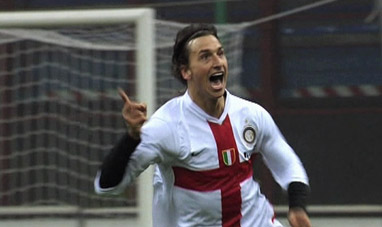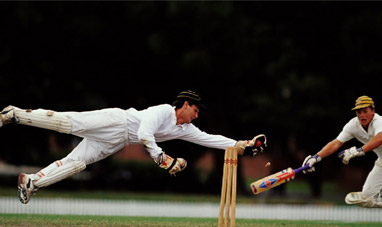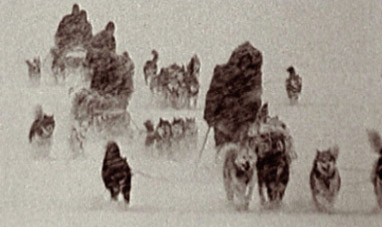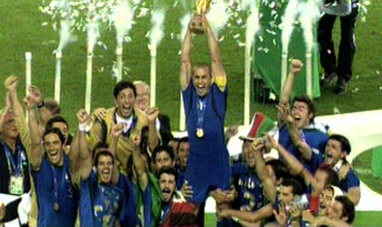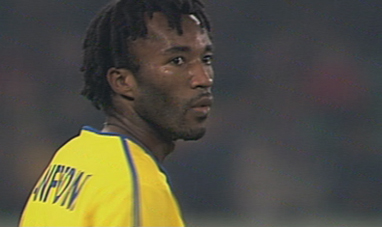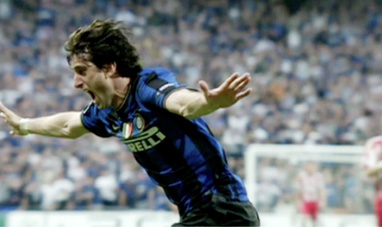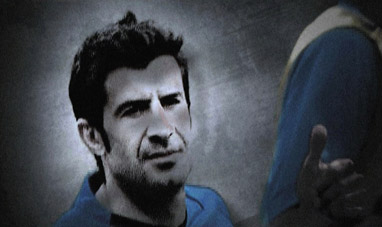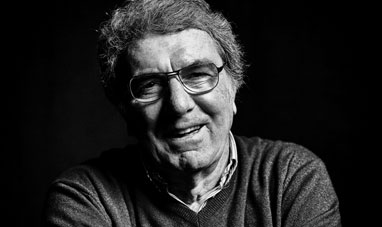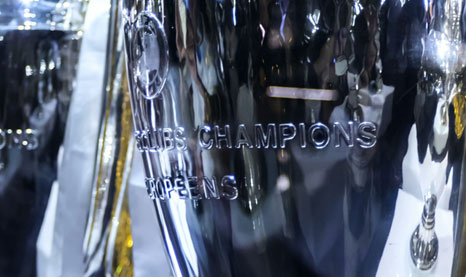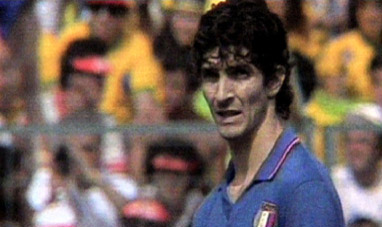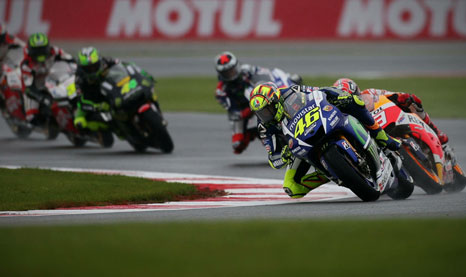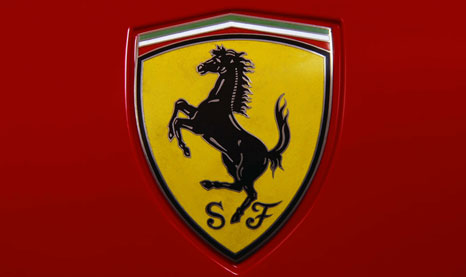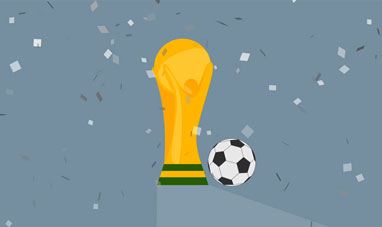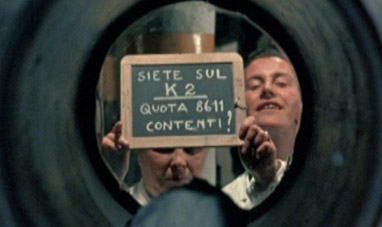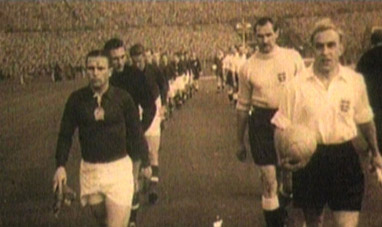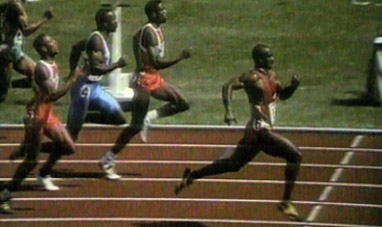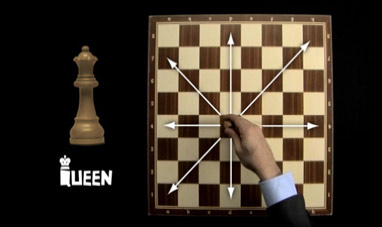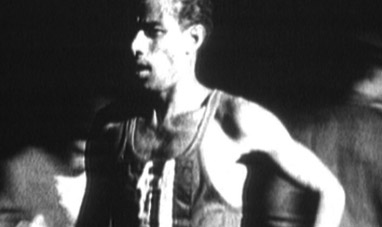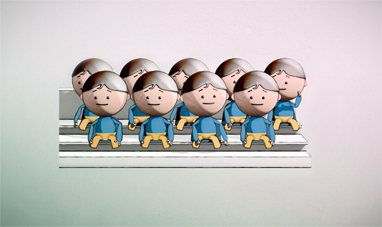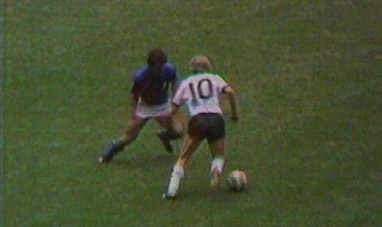The FIFA World Cup is the world’s most anticipated, global-level football event. The winning team represents a single nation and is declared the championship team in the most popular sport in the world.
The tournament takes place every four years during June and July, and a different country hosts the World Cup every time. The FIFA Executive Committee chooses the host nation. The committee evaluates each hosting application in advance and adheres to a rotation policy among the international confederation.
The first World Cup was played in Uruguay in 1930. The host country won that inaugural tournament. Since 1934, the final round is preceded by a qualification phase which, since 2002, has included the reigning champions, whether they advance to the final round or not.
The only team to receive automatic qualification is the host country’s team, a privilege that has been granted since the 1938 tournament. Due to the increase in the number of teams participating in the World Cup, the admittance criteria has changed several times since 1998, allowing more and more teams to play in the World Cup. Currently, there are 32 teams participating.
Each World Cup brings with it a great deal of expectations: the defending champions are determined to restablish their dominance, while other teams seek revenge against squads who previously eliminated them. The tournamnet begins with a group stage; in which the national teams compete in winner-takes-all competitions, reducing the preliminary 8 teams down to 4. The losing teams are forced to pack up their bags while the victors advance to the semi finals. The losers in the semifinals play for third place, while the winners continue on, but only one team is able to triumphantly lift the World Cup.
Brazil, with its 5 world titles, is the most successful team in the history of the tournament, followed by Italy and Germany with 4 titles each. Spain won its first World Cup in the 2010 final against the Netherlands. The game was played in South Africa, and 909,600,000,000 viewers tuned in to watch at least one minute of that game.
In 1950, Brazil won the the Brazil-Uruguay final, instigating the most painful and memorable defeat in World Cup history. This collective psychodrama resulted in Brazilian fans having heart attacks and even commiting suicide. Obdulio Varela, both goalie and captain of Uruguay team, said, “If had to play that game again, I would score on my own team..”. Bowing to superstition, the Brazilian Federation altered the team’s uniform. The term “Maracanaço” was born, meaning a stunning defeat against all odds.
The World Cup 1954 was held in Switzerland, and was the first tournament to take place in Europe. It’s remembered as one of the tournaments with the highest average of goals: 5.38 per match. The record for the most goals scored occured in the Russia-Cameroon match in 1994. Oleg Salenko scored 5 goals, while the only goal the African team scored, was marde by Roger Milla who, at 42 years old, is still the oldest scorer of all time. Since the 1966 World Cup, held in England, an official mascot was created to represent the host country.
The tournament takes place every four years during June and July, and a different country hosts the World Cup every time. The FIFA Executive Committee chooses the host nation. The committee evaluates each hosting application in advance and adheres to a rotation policy among the international confederation.
The first World Cup was played in Uruguay in 1930. The host country won that inaugural tournament. Since 1934, the final round is preceded by a qualification phase which, since 2002, has included the reigning champions, whether they advance to the final round or not.
The only team to receive automatic qualification is the host country’s team, a privilege that has been granted since the 1938 tournament. Due to the increase in the number of teams participating in the World Cup, the admittance criteria has changed several times since 1998, allowing more and more teams to play in the World Cup. Currently, there are 32 teams participating.
Each World Cup brings with it a great deal of expectations: the defending champions are determined to restablish their dominance, while other teams seek revenge against squads who previously eliminated them. The tournamnet begins with a group stage; in which the national teams compete in winner-takes-all competitions, reducing the preliminary 8 teams down to 4. The losing teams are forced to pack up their bags while the victors advance to the semi finals. The losers in the semifinals play for third place, while the winners continue on, but only one team is able to triumphantly lift the World Cup.
Brazil, with its 5 world titles, is the most successful team in the history of the tournament, followed by Italy and Germany with 4 titles each. Spain won its first World Cup in the 2010 final against the Netherlands. The game was played in South Africa, and 909,600,000,000 viewers tuned in to watch at least one minute of that game.
In 1950, Brazil won the the Brazil-Uruguay final, instigating the most painful and memorable defeat in World Cup history. This collective psychodrama resulted in Brazilian fans having heart attacks and even commiting suicide. Obdulio Varela, both goalie and captain of Uruguay team, said, “If had to play that game again, I would score on my own team..”. Bowing to superstition, the Brazilian Federation altered the team’s uniform. The term “Maracanaço” was born, meaning a stunning defeat against all odds.
The World Cup 1954 was held in Switzerland, and was the first tournament to take place in Europe. It’s remembered as one of the tournaments with the highest average of goals: 5.38 per match. The record for the most goals scored occured in the Russia-Cameroon match in 1994. Oleg Salenko scored 5 goals, while the only goal the African team scored, was marde by Roger Milla who, at 42 years old, is still the oldest scorer of all time. Since the 1966 World Cup, held in England, an official mascot was created to represent the host country.

